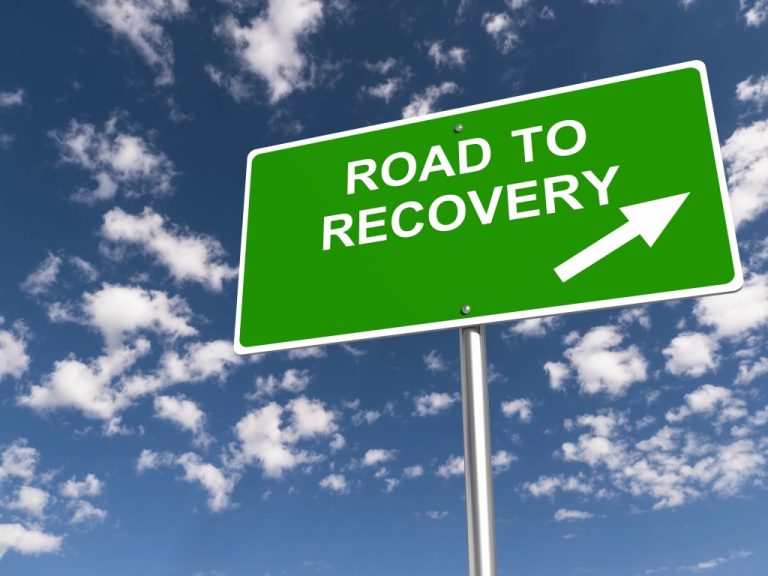These drugs can produce a “high” similar to marijuana and have become a popular but dangerous alternative. Signs and symptoms of drug use or intoxication may vary, depending on the type of drug. Although they may seem similar, addiction and dependence are distinct concepts. Work performance may suffer, personal hygiene might be neglected, and relationships may become strained or broken.
Drugs that cause physical dependence
Drug addiction, also called substance use disorder, is a disease that affects a person’s brain and behavior and leads to an inability to control the use of a legal or illegal drug or medicine. Substances such as alcohol, marijuana and nicotine also are considered drugs. When you’re addicted, you may continue using the drug despite the harm it causes. Doctors may also prescribe certain medications to manage dependence and addiction.

Behavioral Characteristics
You might not get the shakes or break out in cold sweats if you can’t check your notifications, but the anxiety, irritability, and compulsive thoughts can be just as disruptive to your daily life. It’s like having a tiny, demanding social media gremlin living in your pocket, constantly vying for your attention. If you are ready for addiction treatment in Pennsylvania, https://zknoses.com/the-3-stages-of-alcoholism-understanding-the/ our treatment center should be at the top of your list.
International Patients
Unlike tolerance, which focuses on how much of the substance you need to feel its effect, physical dependence happens when your body starts to rely on the drug. If you were to suddenly stop using it, you would likely experience some harsh symptoms. Have you ever felt irritable, anxious, or even unwell when you were unable to access a specific substance? But recognizing these signs is the first step toward reclaiming control over your life.
Club drugs

It is characterized by a strong desire to continue using the substance or engaging in the addictive behavior, often despite negative consequences. Psychological Drug rehabilitation dependence can be influenced by various factors, including personal history, social environment, and the reinforcing effects of the substance or behavior. Recovery from substance dependence is not a one-time event but a lifelong process. After completing a treatment program, it is essential to establish a comprehensive aftercare plan to provide ongoing support and prevent relapse.
- For example, people who use methamphetamine for a long time may experience paranoia, hallucinations, and delusions that may be mistaken for symptoms of schizophrenia.
- Technologies that can alter the activity of dysfunctional circuits are being explored as possible treatments.
- Seizures, rapid heart rate, and measurable changes to serotonin or endorphin levels might be symptoms of physical dependence.
- Such research has the potential to identify common neurobiological mechanisms underlying substance use disorders, as well as other related mental disorders.
Support groups and long-term recovery strategies are the unsung heroes of addiction treatment. Whether it’s 12-step programs, SMART Recovery, or other peer support groups, having a network of people who understand your struggles can be invaluable. Recovery is a marathon, not a sprint, and these support systems can help you go the distance. Behavioral therapies are the heavy hitters when it comes to physiological dependence tackling psychological dependence.
How Long Does It Take for Weed to Leave Your System: Factors You Should Know
- It’s like your brain is throwing a temper tantrum because it’s not getting its favorite toy.
- If you can’t function properly in the morning without your cup of coffee, it could be that you are caffeine-dependent.
- For information on effective treatment programs, consider exploring the qualities of effective addiction treatment centers.
- Treatment may involve medications to manage withdrawal symptoms and gradual tapering of the substance.
- Physical dependence is a state that develops due to chronic use of a tolerance-forming drug, where abrupt or gradual discontinuation leads to unpleasant physical symptoms 1.
In addition to detoxification, therapy and counseling play a crucial role in managing physical dependence. Behavioral therapies, such as cognitive-behavioral therapy (CBT), can help individuals develop coping mechanisms, identify triggers, and learn healthier ways to manage cravings. Psychological dependence, on the other hand, does not typically produce physical withdrawal symptoms.



